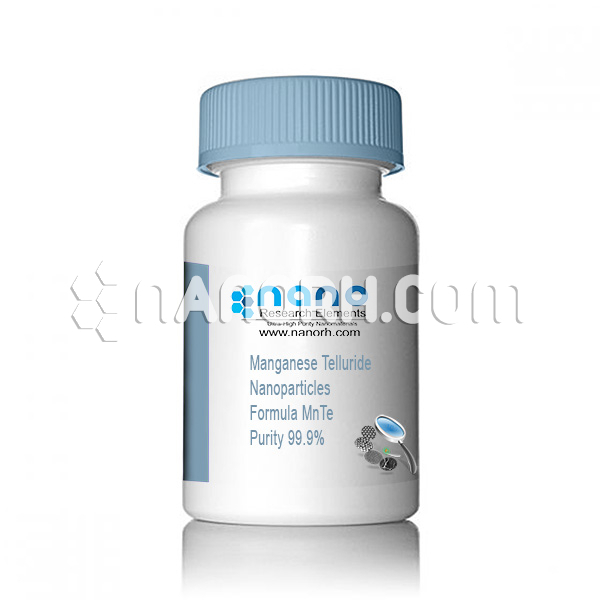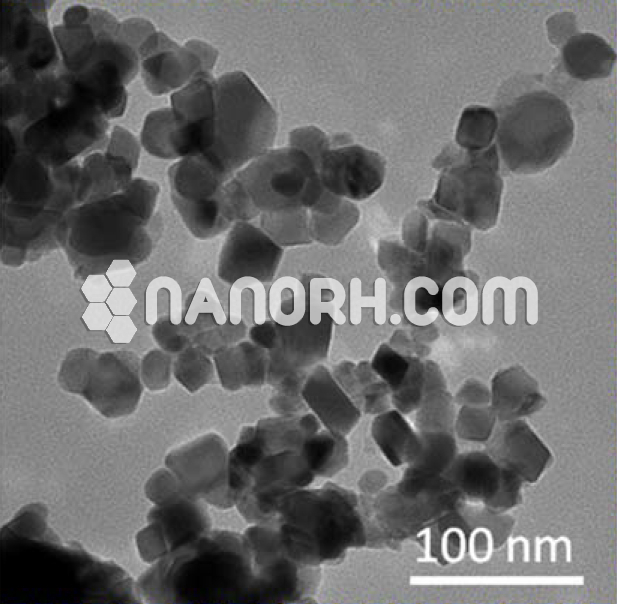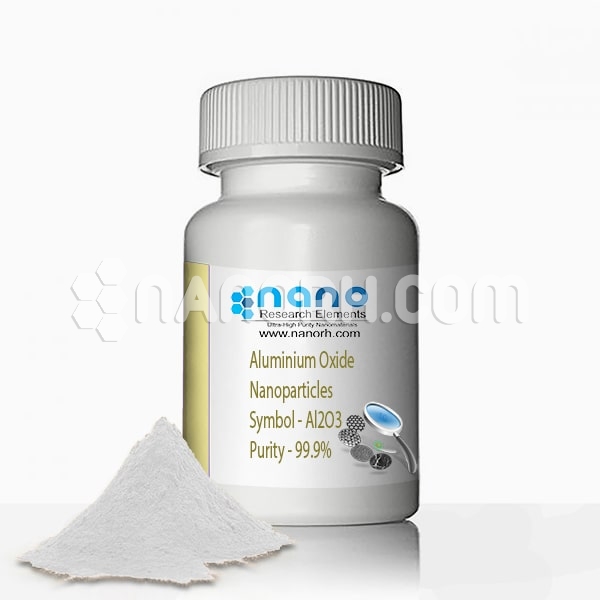| Manganese Telluride Nanoparticles | |
| Product No | NRE-5156 |
| CAS No. | 12032-88-1 |
| Formula | MnTe |
| APS | <100 nm (Can be Customized) |
| Purity | 99.9% |
| Color | NA |
| Molecular Weight | 182.538 g/mol |
| Density | 6 g/cm3 |
| Melting Point | 1150 °C |
| Boiling Point | NA |
Manganese Telluride Nanoparticles
Introduction
Manganese telluride nanoparticles is an inorganic compound made up of manganese (Mn) and tellurium (Te), and it exists in several stoichiometric forms, with MnTe being the most common and stable phase. At the nanoscale, manganese telluride nanoparticles (MnTe-NPs) exhibit unique properties that differ significantly from their bulk counterparts. These properties arise from the quantum effects, high surface area, and the ability to tune the particle size, shape, and surface chemistry during synthesis. MnTe nanoparticles are of interest for various applications due to their fascinating electronic, magnetic, optical, and catalytic properties.
Properties of Manganese Telluride Nanoparticles
Semiconductor Properties: MnTe nanoparticles have semiconducting behavior, with tunable electrical conductivity that can be adjusted by controlling the size, morphology, and stoichiometry of the nanoparticles. This makes them suitable for use in electronic devices, including transistors, diodes, and sensors.
Magnetic Properties: Manganese telluride is a ferromagnetic material at low temperatures, with a Curie temperature that can be influenced by nanoparticle size and surface defects. The magnetic properties of MnTe nanoparticles make them ideal for use in magnetic data storage, spintronic devices, and magnetic sensors.
Optical Properties: MnTe nanoparticles exhibit interesting optical properties, including the ability to absorb visible light, which makes them useful in optoelectronic applications such as photodetectors, solar cells, and light-emitting devices.
High Surface Area and Catalytic Activity: Due to their small size, MnTe nanoparticles have a high surface-to-volume ratio, which increases their reactivity and catalytic potential. These properties make MnTe-NPs effective in catalyzing various chemical reactions, including hydrogenation and CO₂ reduction.
Thermal Stability: Manganese telluride nanoparticles exhibit good thermal stability, allowing them to maintain their structure and properties under elevated temperatures, making them useful in high-temperature applications such as thermoelectronic devices.




